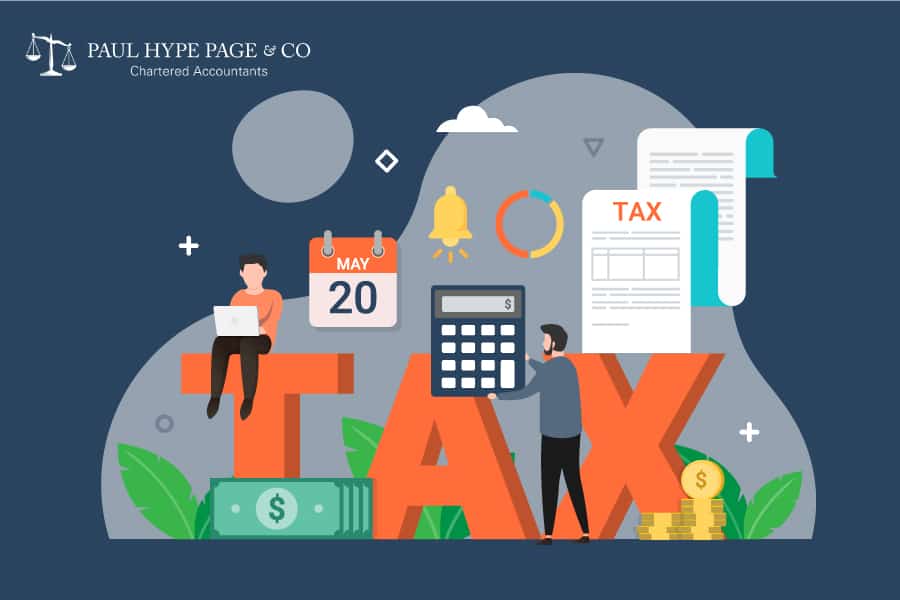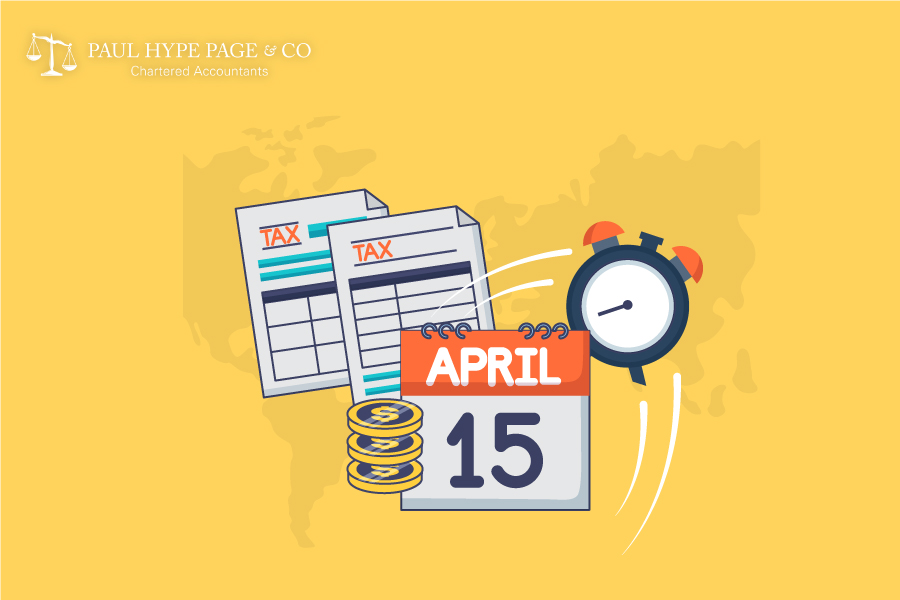If there’s one thing that shareholders or investors look for every year, it’s their dividends. Occasionally the dividend is a great way of communicating a company’s well-being and shareholder value, underlining the prospects and fundamentals of the company.
After registering your company, it is important to understand how the payment of dividends in Singapore is carried out and ensure it complies with the tax regulations.
What Is a Dividend?
For starters, a dividend is the distribution of the excess money obtained from a portion of the company’s earnings. To put it in layman’s terms, it is the amount that a company pays to their shareholders after earning profits based on their investments.
There are various types of dividends which include:
- Cash payments – most common
- Shares of stocks
- Forms of property
Dividend Landscape in Singapore
While dividends are a key consideration for investors and shareholders, it does not necessarily tell the complete story of financial success. This means that dividend payments are not mandatory for companies to pay out, even if they make high profits, and vice versa.
The reason why companies may pay dividends when they have not made sufficient profits is to maintain their established track record of making regular dividend payments. This is especially so for larger companies in Singapore. In doing so, it helps them to attract more investors and generate more funding for business expansion or operations.
For smaller businesses like startups, regular dividends are generally not expected. The profits generated are often put back into the business in areas like research and development, expansion, and other operational activities.
To help these small and medium enterprises (SMEs) and startups, tax exemption is initiated by the Singapore government, so they are in a better financial position to offer dividends to their shareholders if any. Business grants for SMEs and startups are also available for these companies.
The Link Between Dividends and Profits
Dividends are normally paid out of a company’s profit – these profits should be from the said company and not the profits of any group or entity the company is associated with. There are also restrictions on what profits may be used for the payment of dividends, depending on the company’s constitution.
Here are some points to note:
- Paid-up capital does not have to be maintained for dividends to be paid as long as the net income is positive
- Capital appreciation is considered part of the company’s profit even though no revenue profits are earned
- Capital depreciation is not included in the company’s profits
- Possible to include past-year profits that have been carried forward
- Dividends do not have to be paid from profits earned in the same year
- Profits are only required to be available on the date of declaration of dividends, not at the time the dividends are paid
- No requirements to declare dividends after a company has gone into liquidation
How much dividends should you pay as a company or receive as a shareholder?
The next question is how much you should pay and how much a shareholder would receive. Each shareholder usually receives dividends according to their shares. If a shareholder wishes to change the amount to be received, the matter can be shared during the annual general meeting (AGM).
There are two primary reasons for the increase in a company’s dividend per share pay-out:
- Increase in net profits out of which dividends are paid
- Change in growth strategy
How to pay dividends in Singapore?
When it comes to the payment of dividends, there’s a standard process as detailed below. However, shareholders can’t compel dividends unless stated in the constitution; furthermore, they have no unconditional rights to dividends.
- The board of directors will propose a particular rate to be paid as dividends
- Shareholders to vote and approve the rate during the company’s AGM – these dividends are referred to as final dividends
- Declaration of final dividends – such declaration cannot be cancelled, reduced, or rescinded after agreement by all parties
As a result of final dividends, interim dividends are also allowed depending on the company’s profits. Basically, such dividend payments are usually made before the AGM and the release of its final financial statements.
Tax & Dividend Compliance in Singapore
Directors allowing dividend payments without profits commit an offence and will face appropriate punishment.
A director who has wilfully paid or permitted such a payment is guilty of a criminal offence under section 403(2) of Singapore’s Companies Act and is liable on conviction to a fine of up to S$5,000 or a jail term of one year. Additionally, the director will be liable to the company’s creditors for debts owed, to the extent that dividends exceed available profit.
Before conviction, it must be proven that the director was aware of circumstances indicating inadequate profits for dividend declaration. Moreover, this only applies if the director knew of such a fact at the time that the dividends were declared.
You can read more about directors’ breach of duty in this article here.
Are Dividends in Singapore Taxable?
Good news for companies – from 1 Jan 2008, Singapore resident companies can issue one-tier tax-exempt dividends. This means shareholders will not be taxed on this dividend income in Singapore. However, another key point dividends received from shares in co-operatives are, nevertheless, subject to taxation. Dividends are taxed in the year in which they are declared payable.
FAQs
The Singapore government has always been very pro-business and considers the promotion of business activities in Singapore to be important. Thus, tax exemptions were introduced to increase the level of business activities in the country.
Capital appreciation takes place when the value of a company’s assets increases. It may happen on its own accord and does not require an investor’s intervention. It is sometimes also referred to as capital gain.
The rules about the dividend payments of a company can be found in its constitution. The board of directors may sometimes make a decision regarding the company’s constitution. Therefore, it is possible for the board of directors to change the rules if it is deemed necessary.
About The Author
Share This Story, Choose Your Platform!
Related Business Articles






